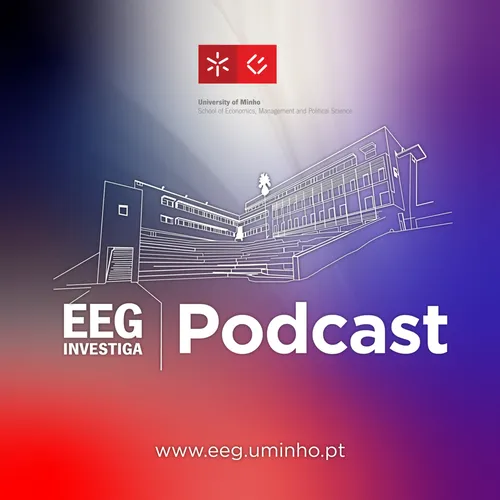51. Portuguese Households on a Tightrope: Income Vulnerability during the COVID-19 Pandemic
- Author
- Escola de Economia, Gestão e Ciência Política
- Published
- Fri 15 Aug 2025
- Episode Link
- https://podcasters.spotify.com/pod/show/eeginvestiga/episodes/51--Portuguese-Households-on-a-Tightrope-Income-Vulnerability-during-the-COVID-19-Pandemic-e36js96
Matos, C. (2025). Portuguese Households on a Tightrope: Income Vulnerability during the COVID-19 Pandemic. Review of Radical Political Economics, 57(1), 73–89. https://doi.org/10.1177/04866134241279080
This article analyzes income vulnerability in Portuguese households during COVID-19, highlighting that, despite emergency fiscal measures, Portugal recorded the EU’s steepest poverty rate increase in 2020. Poverty, measured by the At-Risk-of-Poverty (AROP) rate, rose 2.2 percentage points—surpassing even the Eurozone crisis surge. The study links this to entrenched labor market institutions that weakened policy impact. Social transfers, although expanded, were less effective than the EU average, reflecting long-standing inadequacies. Unemployed individuals faced AROP rates five times higher than those with permanent contracts, while in-work poverty grew sharply due to low wages near the poverty line. Lockdowns disproportionately hurt low-income groups, with 58% in the bottom quintile losing jobs or income. The analysis, grounded in an institutionalist framework, underscores how neoliberal reforms reduced protections, fostering precarious work and income volatility. The article calls for structural reforms—stronger social benefits, minimum wage increases tied to poverty thresholds, stable job creation, and enhanced union power—to ensure resilient incomes.
